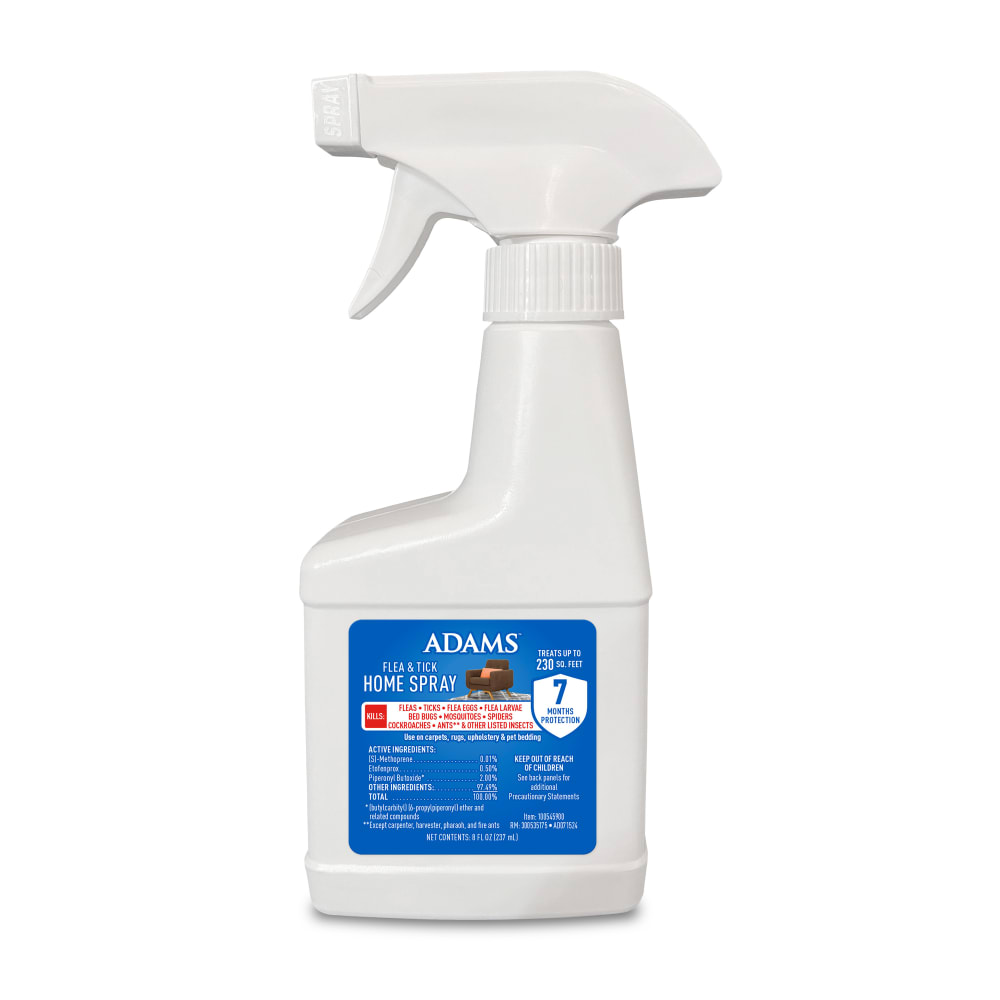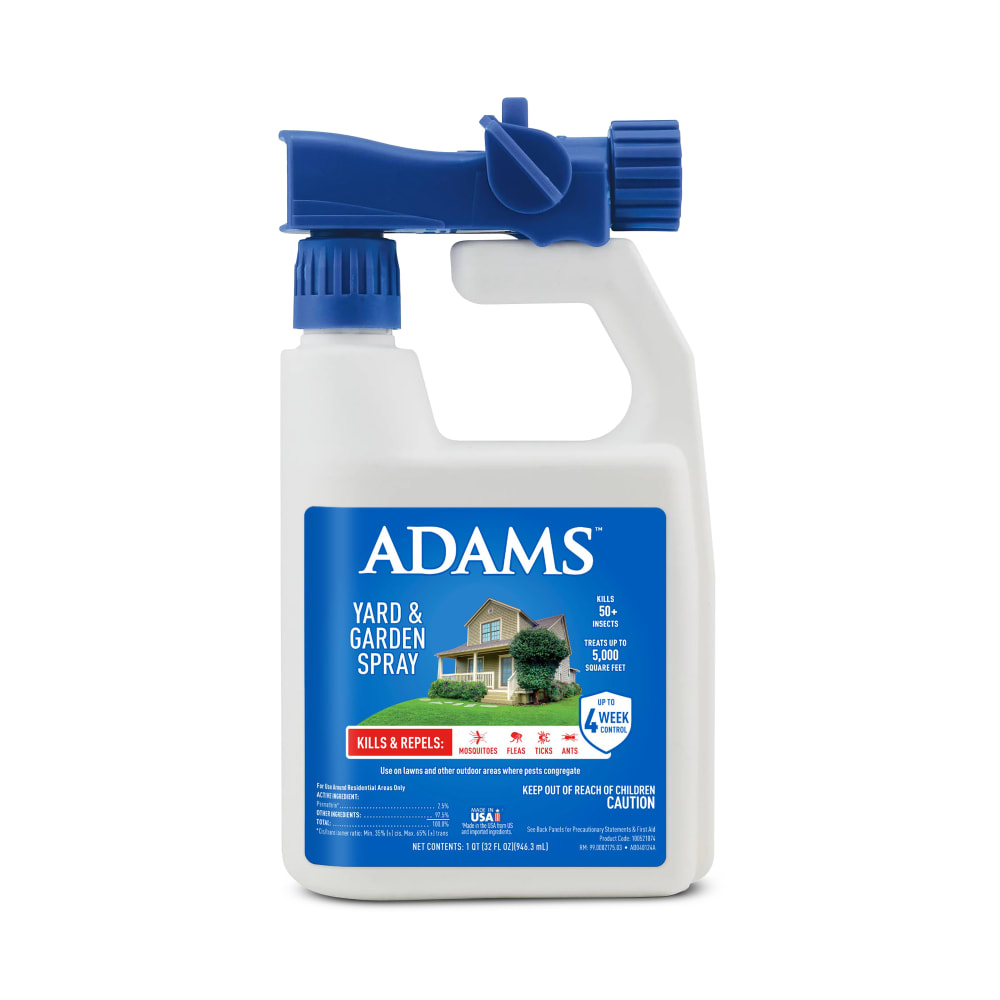How do I Protect My Dog from Mosquitoes?
Any pet owner knows the dangers of fleas and ticks, but there’s another pest threatening our pets’ lives that is talked about much less — mosquitoes. Before a backyard barbeque or a weekend camping trip in the mountains, we humans arm ourselves with sprays, candles, and incense to repel mosquitoes, but we often forget to take the same precautions for our four-legged companions.
Mosquitoes might not seem like an issue for relatively furry animals like dogs and cats, but having long hair doesn’t prevent them from getting bitten. While we generally associate mosquito bites with itching and irritation, they can also spread serious bacterial and parasitic infections, chief among them heartworm disease. Mosquitoes play a critical role in transmitting heartworm from other wild host animals like coyotes and foxes to dogs and cats. Once mature, heartworms can live for 5 to 7 years in dogs and up to 2 or 3 years in cats. Due to their longevity, each mosquito season poses a potential risk of increasing the number of worms in an infected pet.
Beyond heartworms, other mosquito-borne infections include West Nile Virus and Eastern Equine Encephalitis. While there’s not enough research to definitively claim whether or not Zika Virus affects cats and dogs (the first confirmed case of Zika was found in a Rhesus monkey living in the Zika Forest), concerns about its spread in the US continues to mount. Though less common than heartworm disease, all these infections can cause serious illness for your pets and you, and should be on your radar.
If you’re thinking of sharing your DEET with your pet when out in the garden or on the trail — not so fast. DEET and other human insect repellents should never be applied to cats and dogs since pets are apt to lick themselves. The best plan of action to keep your pets safe is to take longer-term preventive measures. Here are some tips to control mosquitoes around your home and to avoid mosquitoes:
Remove Standing Water
Remove standing water around your home and yard and change the water in your pet’s water bowl at least once daily. Mosquitoes are attracted to moist areas and lay eggs around and in standing water. They only need an inch of water to breed in, and rarely travel more than 1,000 feet away from where they breed.
Prepare Your House
Fix any broken windows and screens in your home and fill gaps between air conditioners and window sills. If you wake up with new bites (check your pets too!), there may be an open place where mosquitoes are getting in.
Remove standing water around your home and yard and change the water in your pet's water bowl at least once daily.
Avoid Peak Hours
Mosquitoes are most active at dusk and dawn. Avoid walking your pets or leaving them outside during peak mosquito times.
Find Appropriate Products
Look for repellent products specifically made for cats and dogs. As mentioned above, solutions made for humans are not always safe for pets.
Summer is approaching with many areas of the US having experienced unusually rainy winters leading to increased mosquito populations. It’s vital for your pet’s safety to take precautions against mosquito bites. Ask your veterinarian for advice to create a prevention plan that will best suit your pet’s needs.





